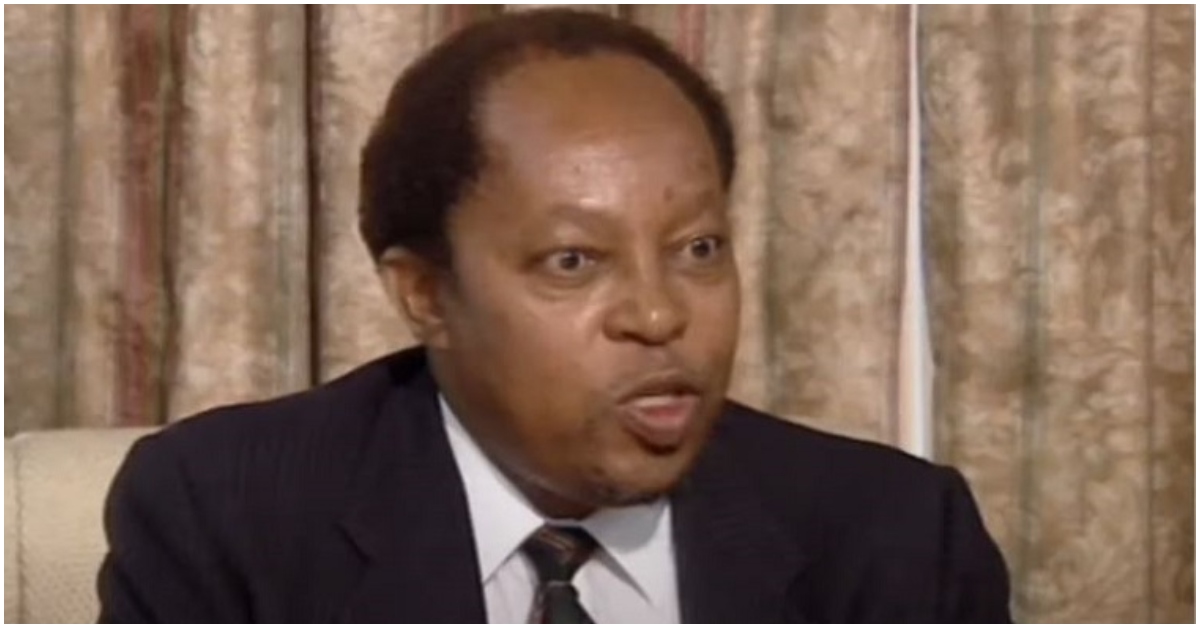Professor Sibusiso Bengu’s tenure as the University of Fort Hare’s first Black vice-chancellor is remembered as a significant moment in South Africa’s educational transformation. His legacy not only reshaped the academic institution but also left an enduring impact on higher education across the country. As South Africa celebrates the life and work of this trailblazer, it is essential to reflect on the challenges he faced, the strides he made, and how his vision still influences education today.
A Visionary Leader for Transformation
Bengu’s appointment as vice-chancellor of the University of Fort Hare marked a historic shift in South Africa’s educational landscape. His vision was firmly rooted in the belief that education could drive social change. Under his leadership, the university began to align itself with the principles of inclusivity and transformation, pushing for a more equitable academic environment. He was not only the first Black vice-chancellor of the institution but also a key figure in the broader struggle for educational equity.
His work was inspired by Nelson Mandela’s belief in education as a tool for social transformation. Bengu’s foreword to the 1997 White Paper 3 remains a cornerstone in higher education discourse. His words emphasized the necessity of universities as forces for positive change, preparing students not just for academic success but for leadership roles in a new South Africa.
The Enduring Legacy of Educational Transformation
While Bengu’s tenure at Fort Hare was brief, his contributions to South Africa’s education system were profound. As the country’s first minister of education post-apartheid, he laid the groundwork for the policies that would guide the educational transformation in the new democratic era. His advocacy for an education system that serves all South Africans, regardless of race or class, set the stage for critical discussions about equity in education.
However, his vision was met with significant challenges. The deeply ingrained racial and social inequalities within South Africa’s education system continued to shape his efforts. Despite his best intentions, Bengu was up against an educational infrastructure still scarred by apartheid. These imbalances would take far longer to address than even he had hoped.
A Fight for Equitable Education
Bengu’s dream was to create a unified, equitable education system, one that would prioritize the needs of the previously disadvantaged. His work aimed to eliminate the vast divides that existed between different educational systems, particularly the disparity between urban, well-funded schools and those in rural or impoverished areas.
As the first Black vice-chancellor, Bengu understood that true educational transformation could not happen in isolation. He pushed for institutions of higher learning to be accountable to their local communities. His stance challenged the globalized focus on rankings and external validation, urging universities to consider their social responsibilities as well. Although this shift in priorities was contentious, it was a crucial step in aligning higher education with the needs of South Africa’s diverse population.
Confronting a Divided System
During his time at Fort Hare, Bengu confronted an institution shaped by decades of colonialism and apartheid. The university had long been a center for the intellectual growth of Black leaders, but it was also a place deeply divided by the legacies of racial segregation. Bengu’s role was to rebuild the institution, restoring its academic freedom and autonomy, which had been stripped away by the apartheid regime in 1959.
Bengu’s impact extended beyond Fort Hare. His role in the establishment of South Africa’s post-apartheid education policies laid the groundwork for a more inclusive approach to higher learning. His vision saw universities as not just places of academic pursuit but as agents of societal change. His belief in the transformative power of education continues to resonate today, as South Africa strives to address the inequalities in its educational system.
The Unfulfilled Dreams of Bengu’s Vision
While Bengu’s contributions to South African education were immense, the challenges he faced were daunting. His efforts to reform the education system were often hindered by the deep-seated social and economic inequalities that have continued to plague the country. Even today, the gap between well-funded urban schools and under-resourced rural schools remains a significant obstacle to achieving educational equity.
Bengu’s vision for a more integrated and equitable education system remains a dream deferred, as systemic inequalities continue to undermine the potential for universal access to quality education. Despite these challenges, Bengu’s legacy persists as a call to action for those who continue to fight for educational justice and transformation.
The Lasting Impact on South African Higher Education
Bengu’s legacy as the first Black vice-chancellor of Fort Hare stands as a testament to his dedication to education as a tool for liberation. His commitment to social justice, educational equity, and the transformative power of knowledge continues to inspire new generations of educators, policymakers, and activists. His work serves as a reminder of the ongoing struggle to achieve true educational equality in South Africa, a struggle that Bengu was willing to confront head-on.
Today, as South Africa continues to grapple with the inequities left by apartheid, Bengu’s vision remains as relevant as ever. His efforts to create a more inclusive and responsive education system paved the way for future leaders to continue the work of transformation. Though much remains to be done, the foundation he laid ensures that his dream of education as a vehicle for social change will continue to guide the country’s progress.





